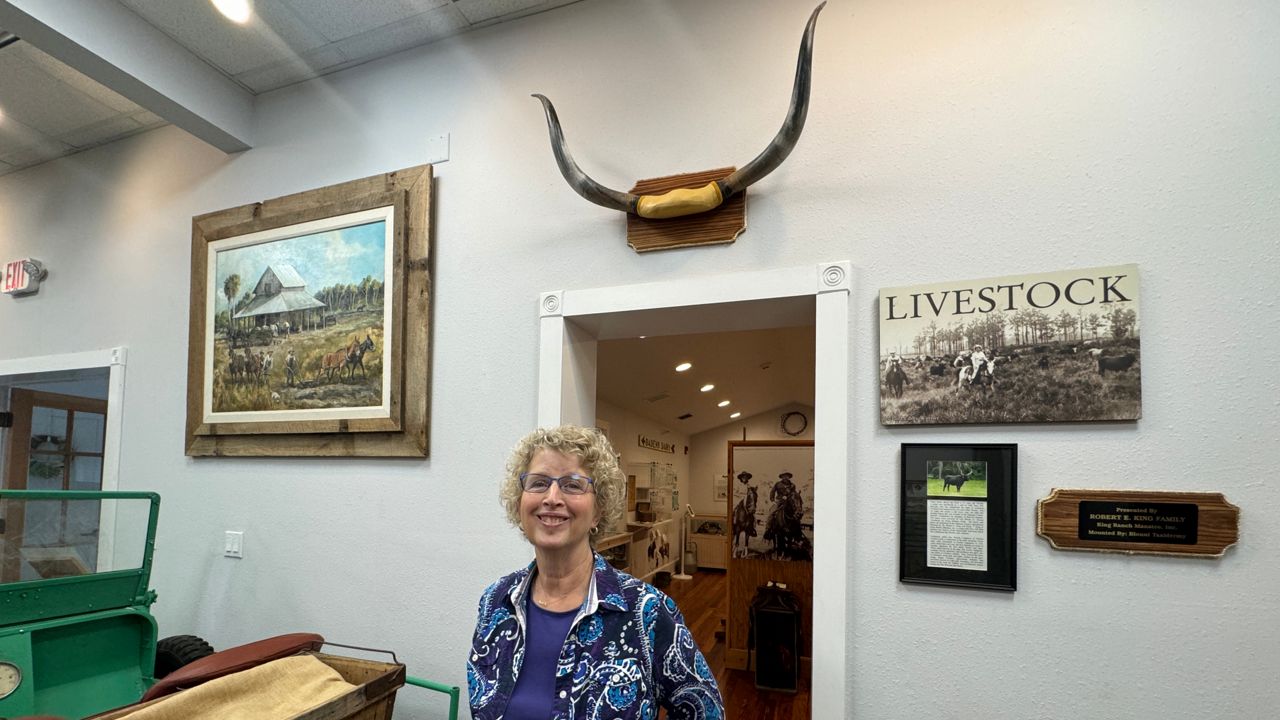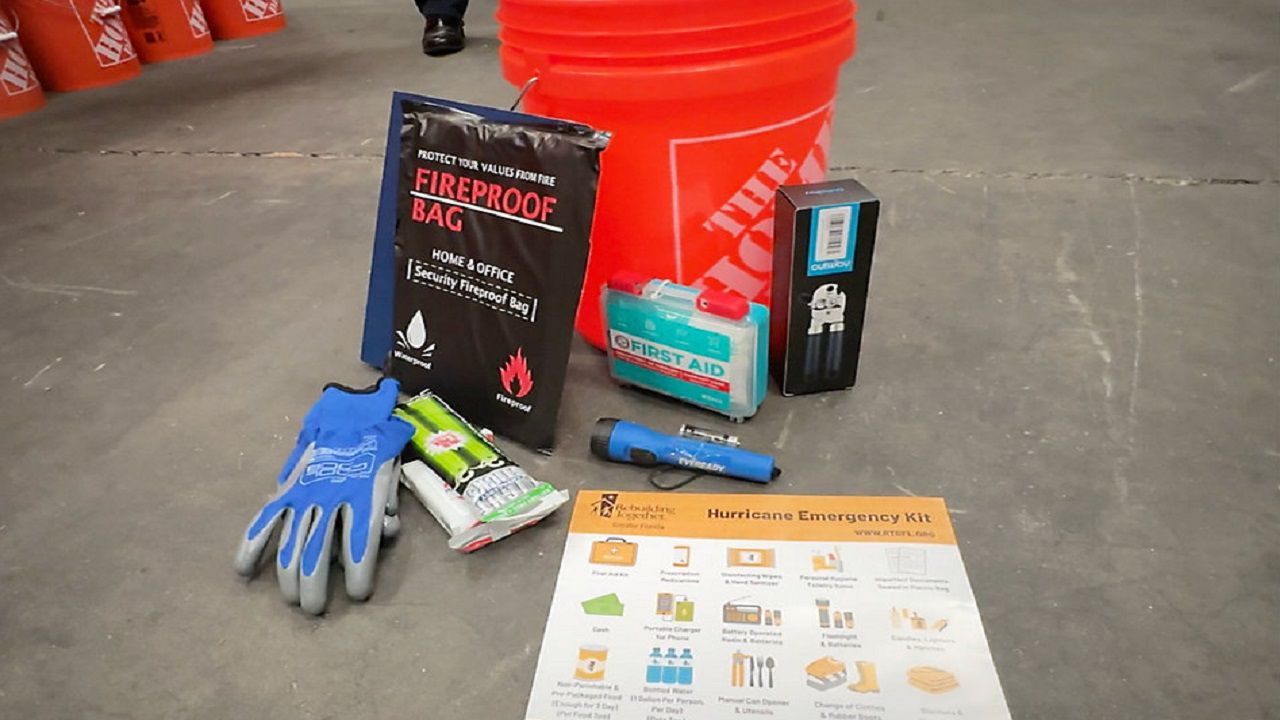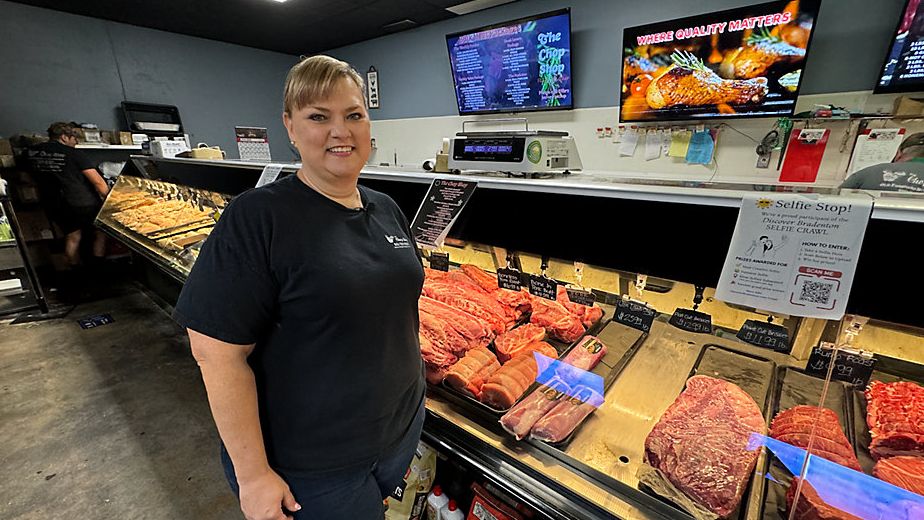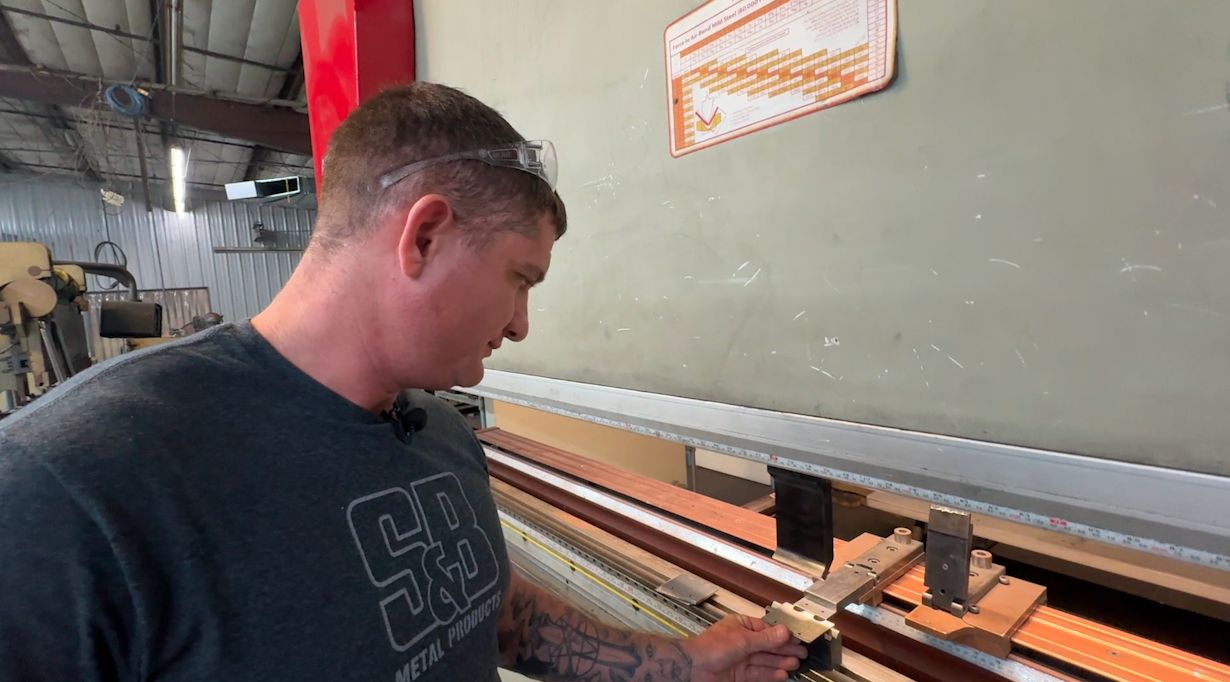MANATEE COUNTY, Fla. — Health education is getting a boost from artificial intelligence.
The State College of Florida (SCF) is expanding its Artificial Intelligence Sim Lab Program to two other campuses in the Tampa Bay area. The new technology will be available to students starting this fall at its Venice and Bradenton locations.
What You Need To Know
- The State College of Florida (SCF) is expanding its Artificial Intelligence Sim Lab Program to two other campuses in the Tampa Bay area
- The new technology will be available to students starting this fall
- SCF’s Venice and Bradenton locations will start offering the AI technology in skills labs starting this fall.
Stephen Brelsford has been the Simulation & Nursing Communication Coordinator for SCF at its Manatee-Sarasota location for the past four years. Recently, the program started using AI technology in its mannequins to help teach nursing students.
“He can sweat, he can cry, he can do all sorts of things,” Brelsford said. “Between the verbal communication skills and the hands-on experiential training, I think it gives them a full perspective of what they would see in the hospital,” he said.
The program is proving popular. This semester saw a nearly 20% increase in students compared to the previous fall semester.
Director of Simulation Debbie Allish says the goal is to enhance students’ knowledge.
“AI is so important for our students — especially with these mannequins — because it allows them to interact with a patient that’s more realistic and looks more like a real person than some of the other mannequins we have. The nice thing about this, too, is he is programmed with answers. They can have a conversation with him,” she explained.
The mannequin can replicate different scenarios, such as seizures, and it moves its eyes, mouth, face and body. While it’s programmed to react on its own, it can also be controlled manually.
“The faculty sit here. Faculty kind of operate the simulators during the scenario. They evaluate the students with our camera system here,” Brelsford said.
Brelsford says the more comfortable students become with this new technology, the more comfortable he hopes they will be interacting with actual patients when they graduate.









